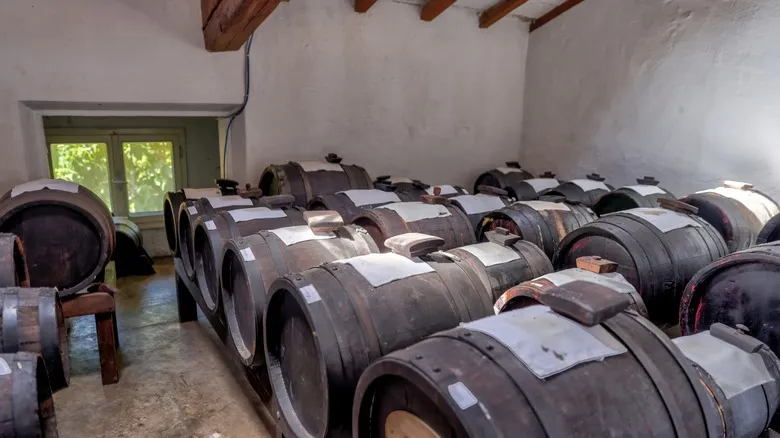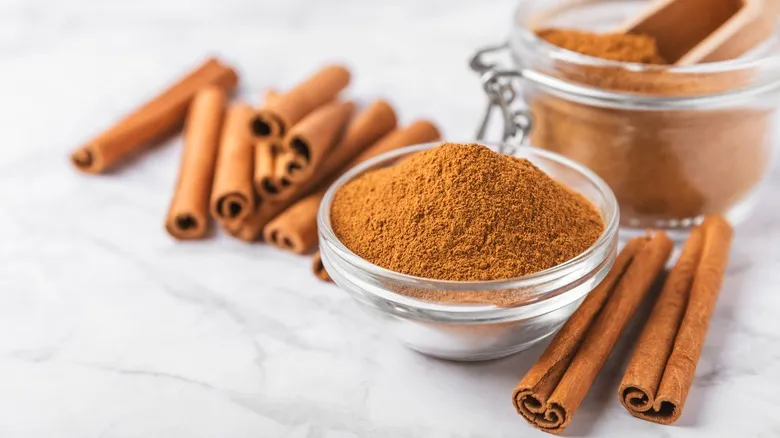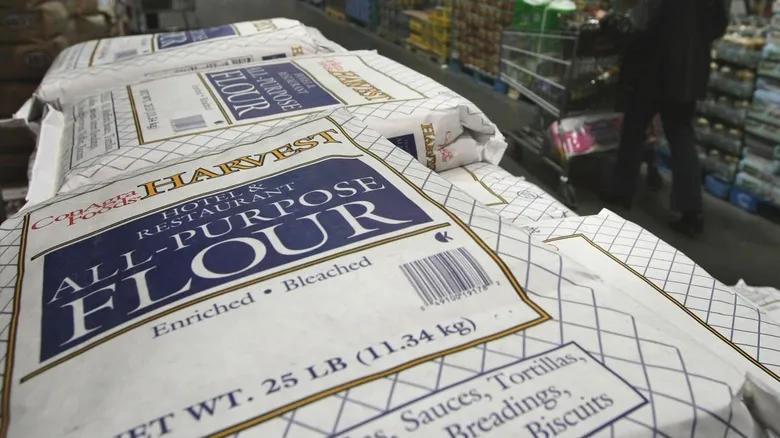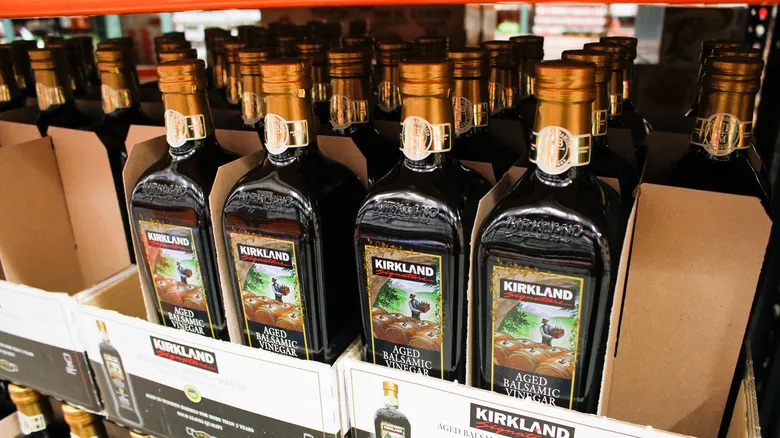Why might Costco choose Acetum's balsamic vinegar?

The Protected Geographical Indication (PGI) on the label signifies that the European Union acknowledges that balsamic vinegar of Modena, such as Acetum, can only be produced in that region using specific ingredients and methods. This certification enables producers to uphold their product's authenticity and effectively market it. For consumers, it assures them of a certain standard of quality. One customer review on Costco's website noted, "My son, who was stationed in Italy for three years, skeptically tried it when he was home on leave. He said it was the closest taste to the balsamic he had in Italy." Customers can be confident that Acetum produces its balsamic vinegar in Modena, the product's original home.
There are seven distinct grape varieties permitted for making balsamic vinegar. The grapes are crushed to create a grape must, which includes the juice, stems, seeds, and skins. Wine vinegar is then added, and the mixture is placed in wooden barrels to age for a minimum of 60 days to qualify for the PGI. At this stage, a specific yeast is introduced in a process known as acetification. Once the vinegar has matured, a team of experts conducts laboratory tests and tastings as the final step for certification. Have you ever noticed a label indicating "aged" balsamic vinegar from Modena? To earn that designation, the vinegar must be aged for at least three years!
All of this must occur within the regions of Modena and Reggio Emilia. This product holds historical and cultural significance for the area, making it an ingredient that cannot be easily replaced. Therefore, it is exciting to see Acetum and Costco collaborate on this premium product.
Recommended

Costco Didn't Completely Discontinue Its Pretzel Rolls, But Good Luck Finding Them

How Much Lead Is In Costco's Brand Of Cinnamon?

What You Should Know Before Buying Flour At Costco

What Is The Worst Frozen Pizza At Costco? Sadly, Their Own
Next up

